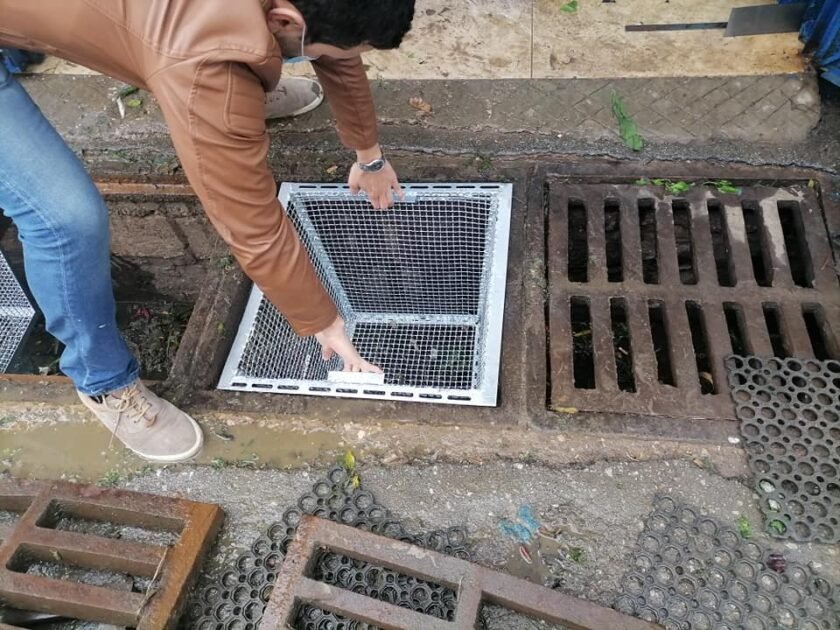The numbers tell a story of a nation increasingly divided along educational lines. This year, the Ministry of Education authorized 811 private primary schools, a rise of 37 from the year before. This is not merely a statistic; it is a stark indicator of a growing exodus and a two-tiered system taking root in our country. The undeniable expansion of private education highlights a profound and worrying retreat of the public school, once the great equalizer and bedrock of the republic.
A glance at the geographic distribution of these new private institutions is particularly revealing. The expansion is overwhelmingly concentrated in major urban centers: Tunis leads with 125 establishments, followed by Ben Arous and Ariana. Meanwhile, the interior regions are left in an educational desert. Governorates like Kef, Tataouine, Siliana, and Béja count their private schools on one hand. This map doesn’t just show economic disparity; it charts a future where a child’s zip code determines their access to quality education.
This phenomenon is no surprise to specialists. The lure of the private sector is built on a simple promise: smaller classes, modern infrastructure, a focus on digital skills and foreign languages, and a plethora of extracurricular activities. These are not frivolous luxuries; they are the very assets that define a modern, competitive education. As public schools grapple with crippling overcrowding and a lack of equipment, the private sector has become the default choice for urban families aspiring to academic excellence and international opportunities for their children.
The consequence is a vicious cycle. The public school is abandoned precisely where demand is strongest, draining it of involved families and social capital. Rural regions, meanwhile, continue to suffer from a chronic lack of investment, qualified teachers, and basic infrastructure. The gap between the coast and the interior, between the affluent and the rest, widens with each passing school year, threatening social cohesion at its core.
Experts rightly call for urgent measures: reducing class sizes, modernizing buildings, and improving teacher training. For the interior, incentives to establish private schools could help stem the flow. But these are technical fixes to a moral crisis. The relentless advance of private education translates a collective desire for quality, but it screams of a state that is failing in its fundamental duty to provide a fair and accessible education for all.
The question is no longer whether the private sector is growing, but what kind of nation we become when the promise of a good education is a commodity for sale, rather than a right guaranteed to every citizen. Reforming the public school is no longer a matter of policy—it is an emergency for national unity.
The great sorting of our children must end. The future of Tunisia depends not on the few who can buy their way out, but on the strength of the system that is supposed to lift everyone up.
TunisianMonitorOnline (NejiMed)




